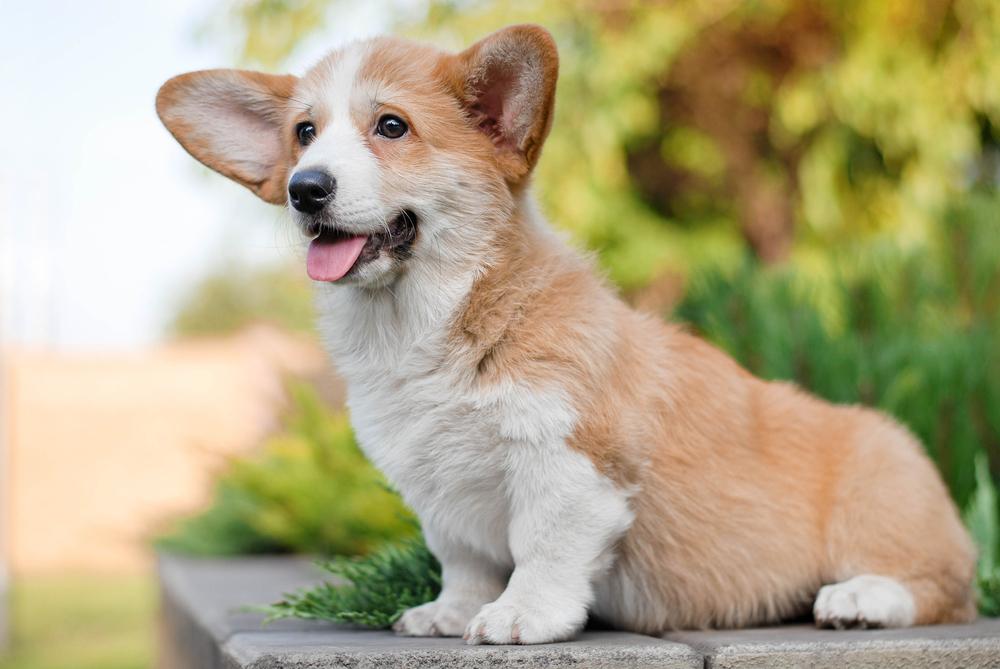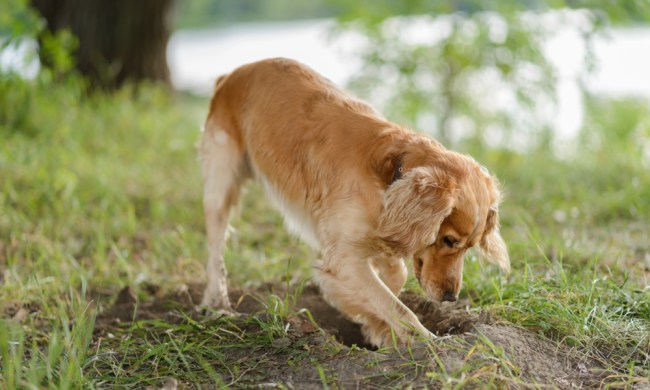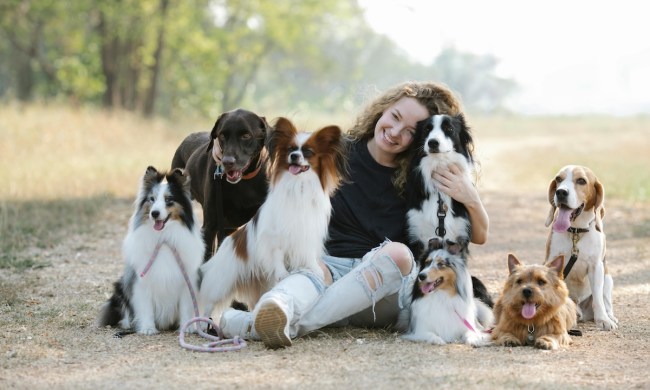Few things are more exciting than welcoming a cuddly puppy to your home. Once your new pup is home, it’s up to you to ensure she gets the best food, an ample amount of exercise, and plenty of love. Proper care for your newest member of the family also includes immunizations for puppies. We’ll go over the dog vaccinations list, explain why each immunization is needed, and tell you when your puppy needs each immunization.
When should your puppy be immunized?
Depending on your puppy’s health, where you live, and any potential risk factors, your puppy may not need — or be able to receive — every vaccine available. You’ll need to bring your puppy in for an exam and have an in-depth discussion with your veterinarian before you proceed. A basic vaccination schedule will look something like this:
- 6–8 weeks: Distemper, parvovirus, Bordetella
- 10–12 weeks: DHPP, which protects puppies against distemper, adenovirus — also known as hepatitis — parainfluenza, parvovirus, Bordetella, influenza, leptospirosis, and Lyme disease
- 16–18 weeks: DHPP, rabies, Bordetella, influenza, leptospirosis, and Lyme disease
- 12–16 months: DHPP, rabies, Bordetella, coronavirus, leptospirosis, and Lyme disease
- On a 1- to 2-year schedule: DHPP, Bordetella, coronavirus, influenza, leptospirosis, and Lyme disease
Now that you have a better idea of what your puppy’s vaccination schedule will look like, let’s look closer at why your pup may need each of these vaccinations in the first place.

Bordetella
The leading cause of kennel cough, Bordetella (full name Bordetella bronchiseptica), is caused by an extremely infectious bacterium. Symptoms include coughing — often accompanied by a whooping sound — vomiting, and seizures. Bordetella can be fatal, which makes vaccinating your puppy against this nasty pathogen essential if you plan on boarding your dog. Some veterinarians require a Bordetella vaccination before they’ll board your pooch. It’s also frequently required for behavioral training classes and pet daycare centers.
Coronavirus
Unrelated to COVID-19, canine coronavirus typically affects the gastrointestinal system, causing loss of appetite, diarrhea, and vomiting. However, it may also cause respiratory infections. There is no cure, but most dogs recover with supportive therapy.
DHPP
The DHPP vaccine is a cluster of immunizations that prevent four of the most common (and deadliest) infections young puppies face, which are:
Distemper
Highly contagious, distemper is an airborne disease that attacks dogs’ gastrointestinal, nervous, and respiratory systems. Puppies can contract distemper from dogs or other animals like skunks. Symptoms include fever, diarrhea, vomiting, seizures, paralysis, coughing, hardening of the footpads, and death. Unfortunately, there is no cure for distemper, and infected dogs often die from this horrible illness.
Hepatitis
Although it shares a name with the human virus, canine hepatitis isn’t related. In dogs, hepatitis is an incredibly infectious viral infection that attacks the eyes, kidneys, liver, spleen, and lungs. Symptoms range from a mild fever to vomiting and liver damage. If the infection is severe enough, it can be fatal. There is no cure for canine hepatitis, but veterinarians can manage the symptoms of mild to moderate infections.
Parainfluenza
Canine parainfluenza, a common cause of kennel cough, actually isn’t related to canine influenza. However, they are both extremely contagious and have similar symptoms.
Parvovirus
Also known simply as parvo, parvovirus can affect dogs of any age, but unvaccinated puppies 4 months old or younger are the most likely to contract this highly contagious virus. The virus targets the gastrointestinal tract, leading to fever, vomiting, dehydration, loss of appetite, vomiting, and bloody diarrhea. Dehydration can kill in under 72 hours, making vaccinations crucial. There is no cure for parvo, and many infected dogs succumb to this potentially deadly virus.

Leptospirosis
Caused by a bacterium found in soil and water, leptospirosis is zoonotic, which means you can catch it from your puppy. Leptospirosis often has no symptoms, though they can include diarrhea, loss of appetite, fever, vomiting, lethargy, abdominal pain, kidney failure, and liver failure. Fortunately, antibiotics can successfully treat leptospirosis.
Lyme disease
Characterized by a bulls-eye rash in humans, Lyme disease is a tick-borne illness that doesn’t present itself with the same instantly recognizable symptom in dogs. Symptoms include fever, swollen lymph nodes, lack of appetite, and limping. Lyme disease can damage the joints, heart, and kidneys. It may also cause neurological problems. A course of antibiotics can help, but your dog may suffer a relapse.
Rabies
Transmitted through a bite, rabies is a virus that affects the central nervous system. It causes excessive drooling, paralysis, hallucinations, headaches, anxiety, and fear of water. Immediate treatment is necessary, or rabies is almost always fatal.
Why do puppies need immunizations?
When you bring home a new puppy, you’re signing up for regular trips to the vet over the next several months for immunizations. After that, your pup will need regular boosters. While this seems like a lot, vaccines protect your dog from potentially life-threatening diseases like rabies and distemper. Vaccines work by causing the immune system to produce antibodies capable of identifying and destroying highly contagious organisms, which helps prevent certain diseases. Not only do vaccines prevent your puppy from contracting possibly deadly diseases, but they also protect you from zoonotic illnesses — diseases that can spread from animals to humans.



